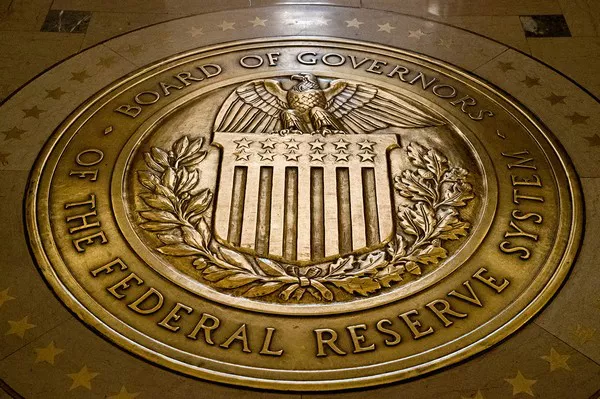U.S. stocks fell slightly on Wednesday as investors opted to cash in on profits from shares of Nvidia and other chipmakers. Meanwhile, market participants are awaiting Thursday’s producer price data, which could provide more signals about inflation trends and influence forward guidance for the Federal Reserve’s upcoming meeting. The release of the producer price index last month significantly reinforced the narrative of rising inflation and triggered market volatility.
At the same time, producer price indexes typically do not trigger major market moves. However, as the market continues to worry about inflation data, if the producer price index is higher than expected, it may cause minor turmoil.
Despite unexpectedly high inflation data on Tuesday, U.S. stocks and other related assets did not deviate significantly from their bullish trajectory, and even foreign exchange markets edged higher overnight. This cross-asset resilience suggests that Powell’s relatively dovish testimony on Capitol Hill resonated well with market circles. Federal Reserve Chairman Jerome Powell’s speech solidified expectations for an interest rate cut, making it difficult for traders to shift the needle back to a more hawkish stance, especially since the Fed is unlikely to turn hawkish in the near future.
Central banks are still adjusting measures similar to inflation, so the Federal Reserve remains cautious to prevent a resurgence of price pressures. However, interest rates remain relatively high for many businesses and consumers. The situation has had a knock-on effect as homeowners are reluctant to walk away from their mortgages, limiting the supply of much-needed inventory to the housing market. This dynamic boosts household inflation through various indicators related to accommodation costs. Likewise, leveraged borrowers relying on short-term floating rate debt face significant challenges in the corporate sector.
The situation in the housing market is not a problem unique to the United States, but is a global one, as property values continue to rise reflecting an ongoing imbalance between supply (pre-owned and new homes).
The current situation with the federal funds rate significantly higher than the 10-year and 2-year Treasury yields suggests that monetary policy may be tightening, as indicated by the bond market. In the eyes of the market, this reversal suggested that the Fed’s stance was too strict. As a result, less cash-rich, moderately leveraged businesses are facing challenges.
In fact, the Fed has compelling reasons to consider cutting interest rates. The challenge, however, is that it is not possible to set different interest rates for different sectors of the economy. The restriction prevents them from providing targeted relief to sectors in need, such as debt and mortgage assistance for struggling industries, while raising interest rates in other sectors such as services.


